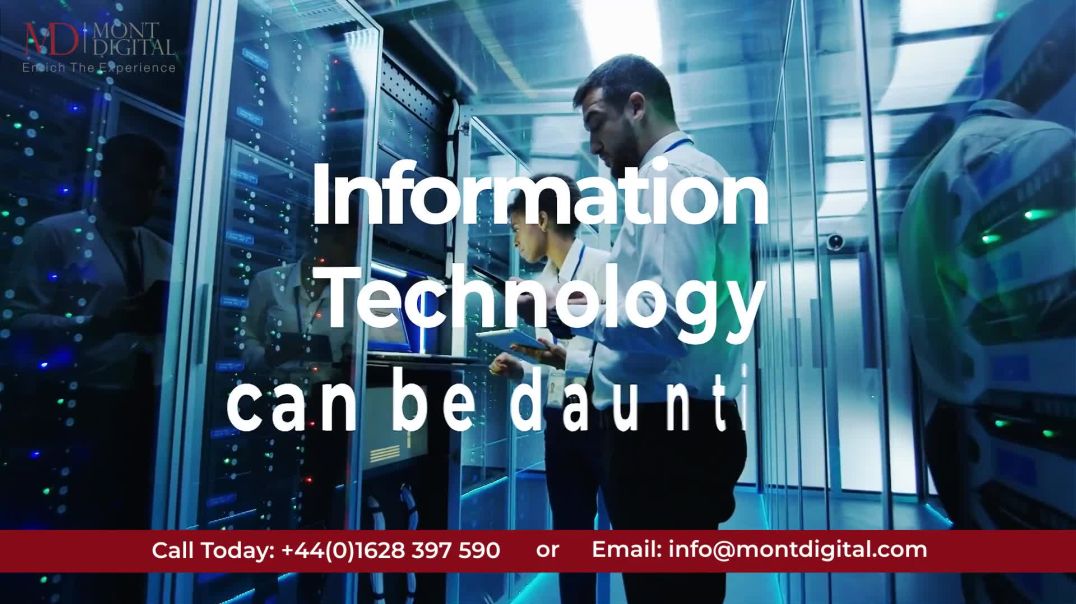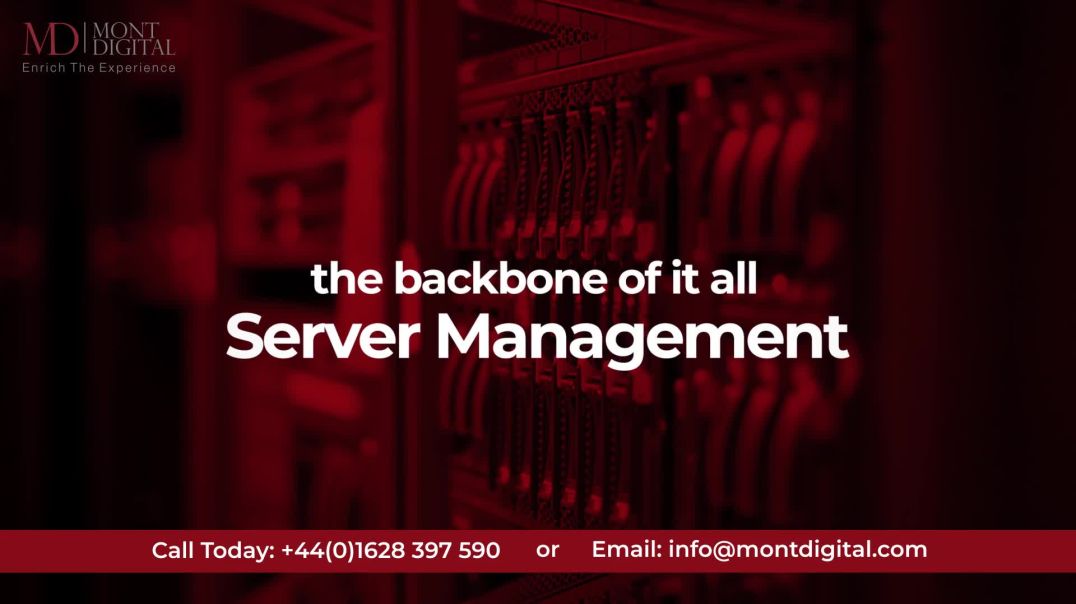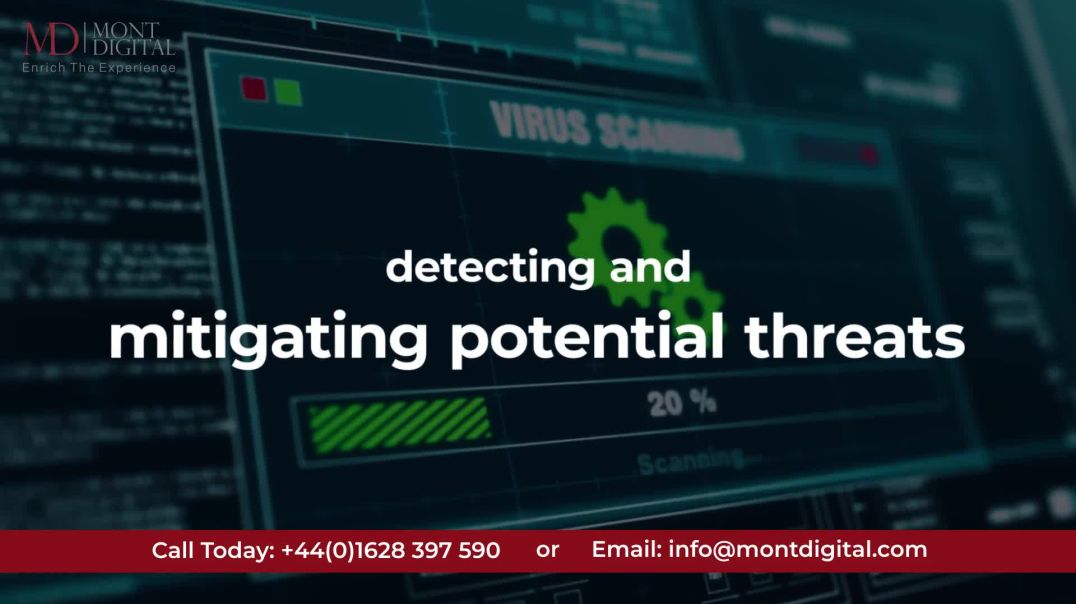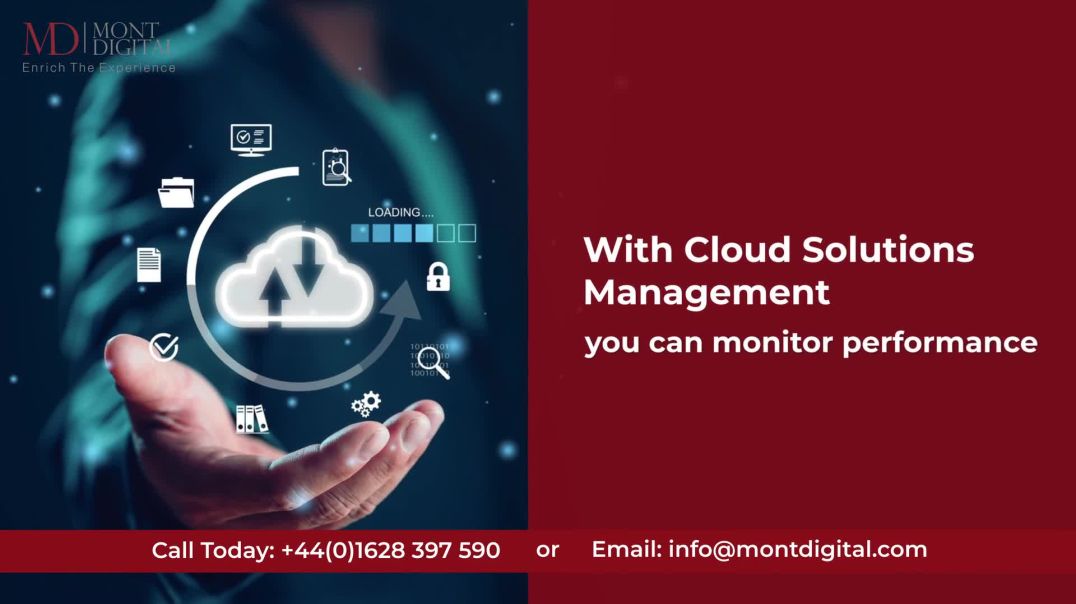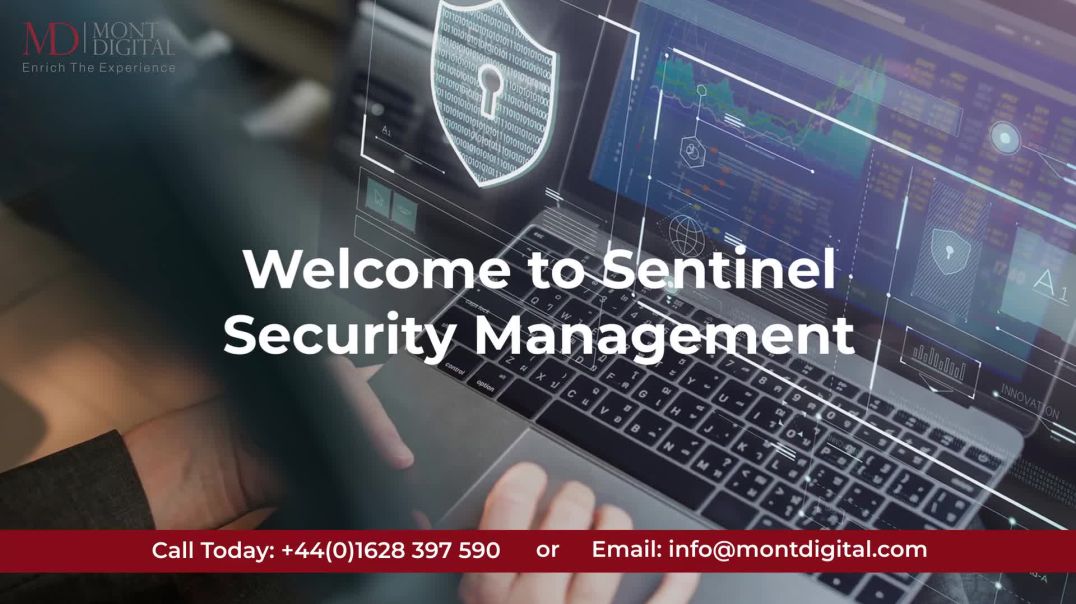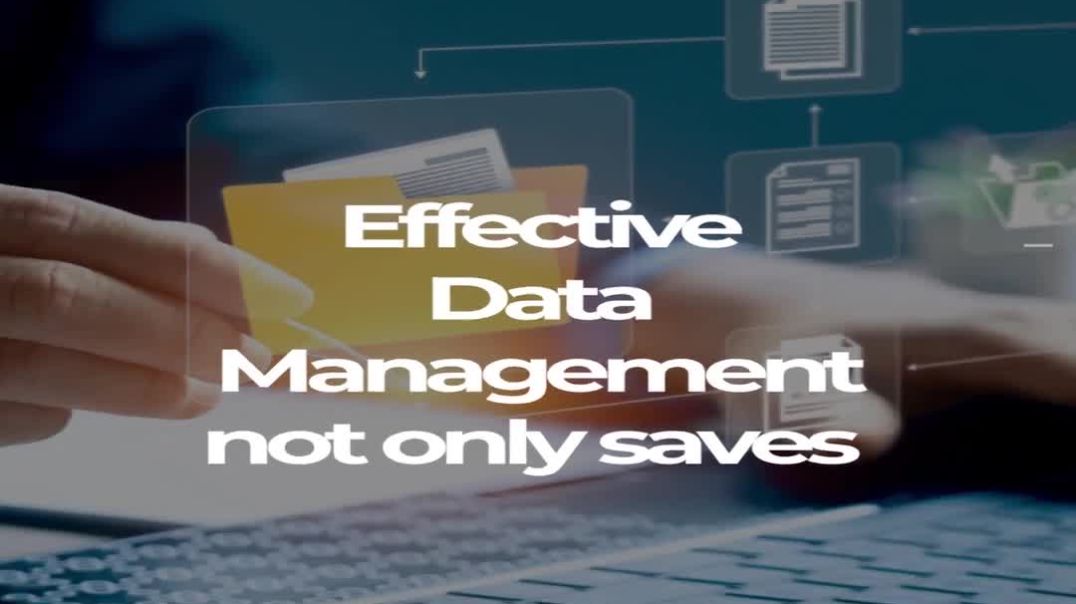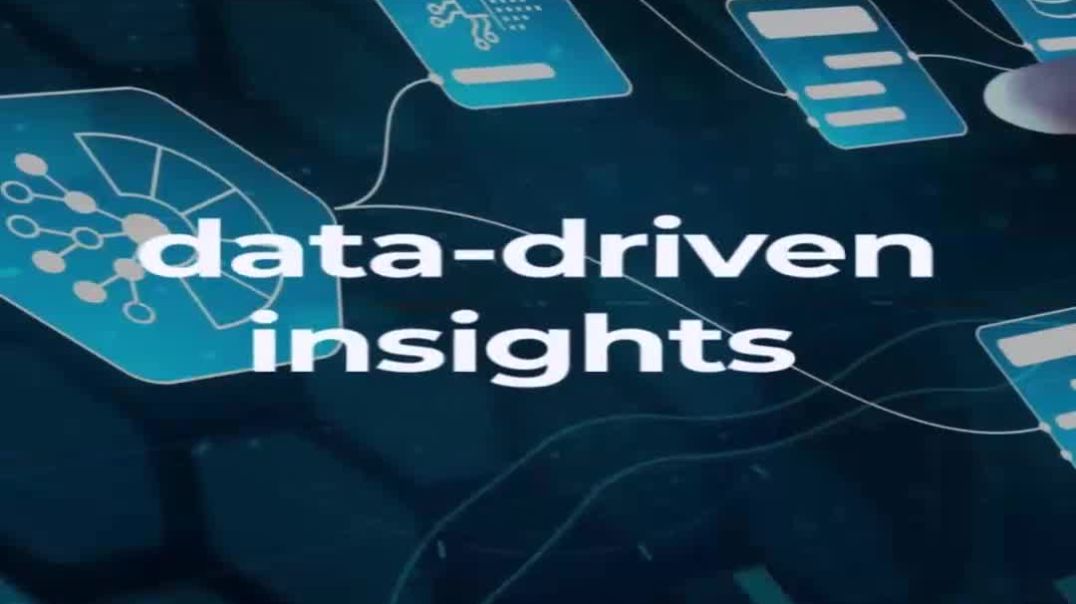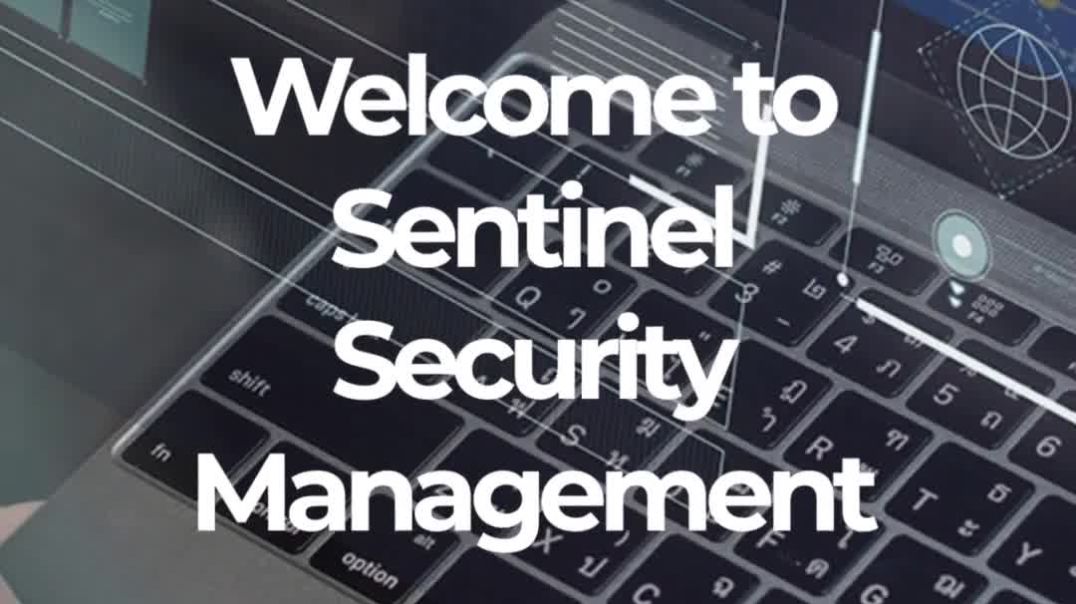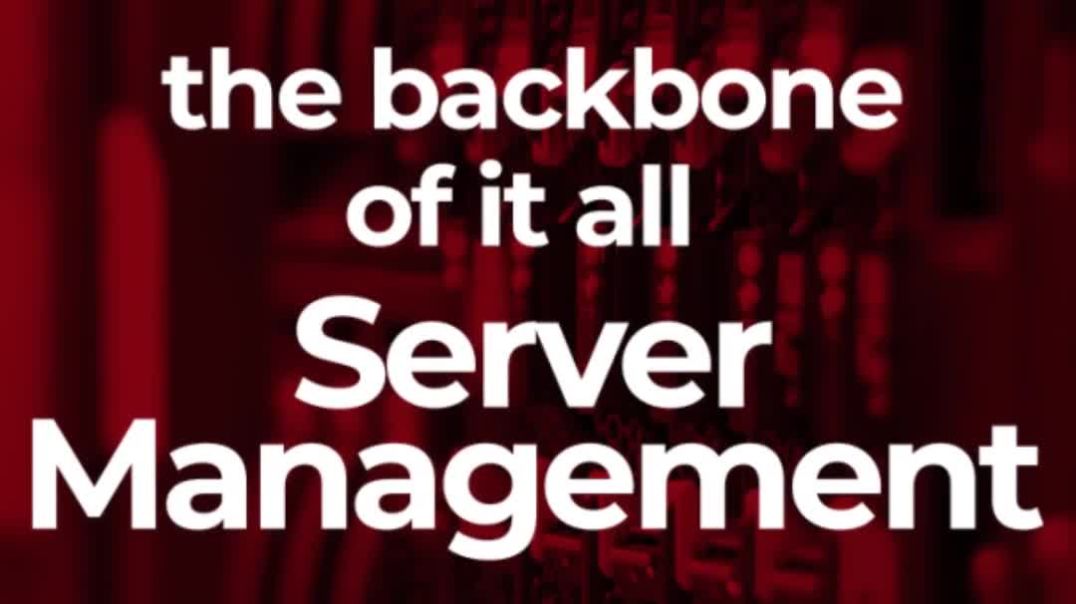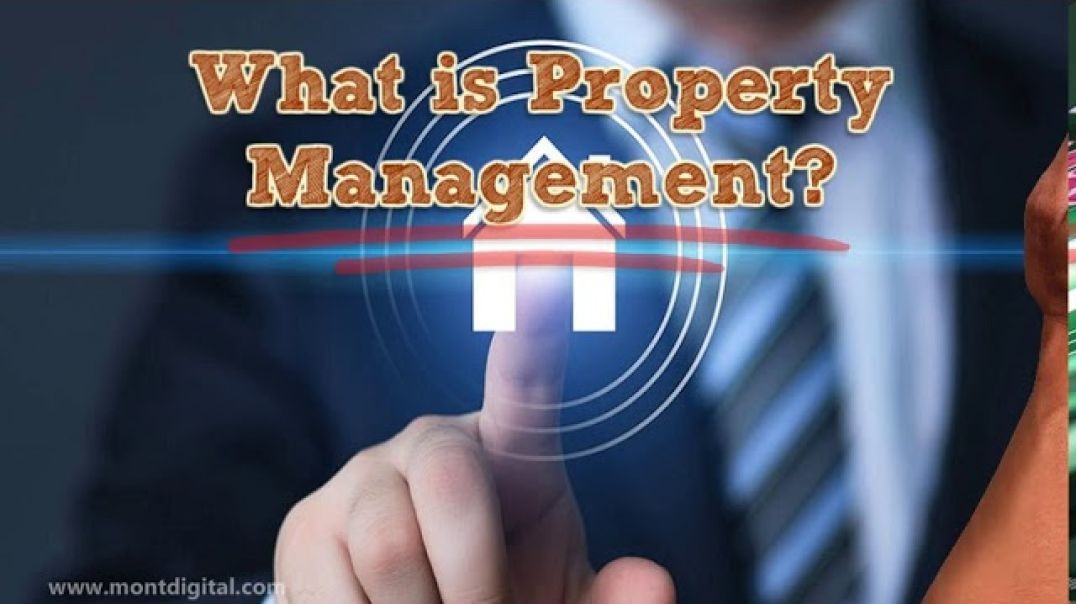Security Management
Security Management encompasses a comprehensive approach to safeguarding data, systems, and networks from unauthorized access, breaches, and cyberattacks. It involves a combination of proactive measures, policies, and technologies designed to detect, prevent, and respond to security incidents swiftly and effectively.
Key aspects of Security Management include:
Risk Assessment and Mitigation: Conducting regular assessments to identify vulnerabilities, assess potential threats, and prioritize security measures based on risk levels. Mitigation strategies may include patch management, vulnerability scanning, and threat modeling to reduce exposure to cyber risks.
Security Governance and Compliance: Establishing governance frameworks, policies, and procedures to ensure adherence to security standards, regulations (such as GDPR, HIPAA, PCI DSS), and industry best practices. Security governance frameworks provide guidance on data protection, access controls, and incident response protocols.
Network Security: Implementing measures to protect networks from unauthorized access, data breaches, and malicious activities. This includes deploying firewalls, intrusion detection/prevention systems (IDS/IPS), secure VPNs, and segmentation to isolate sensitive data and critical infrastructure.
Endpoint Security: Securing endpoint devices (e.g., laptops, smartphones, IoT devices) from cyber threats through endpoint protection platforms (EPP), antivirus software, encryption, and mobile device management (MDM) solutions. Endpoint security is crucial as endpoints are often targets for cyberattacks.
Security Awareness and Training: Educating employees about cybersecurity best practices, phishing prevention, and incident reporting to foster a security-conscious culture. Regular training sessions and awareness programs empower employees to recognize and mitigate security risks effectively.
Incident Response and Recovery: Developing and testing incident response plans to address security breaches promptly and minimize impact. Incident response teams follow predefined procedures for containment, investigation, mitigation, and recovery to restore operations swiftly.
Security Management also encompasses continuous monitoring and threat intelligence to stay ahead of emerging threats. Security operations centers (SOCs) and threat detection platforms use real-time monitoring, analytics, and threat intelligence feeds to detect anomalies and potential security incidents.
Challenges in Security Management include addressing complex threats, managing security across cloud environments, ensuring compliance with evolving regulations, and bridging skill gaps in cybersecurity talent. Effective Security Management requires collaboration across departments, from IT and operations to legal and compliance teams.




